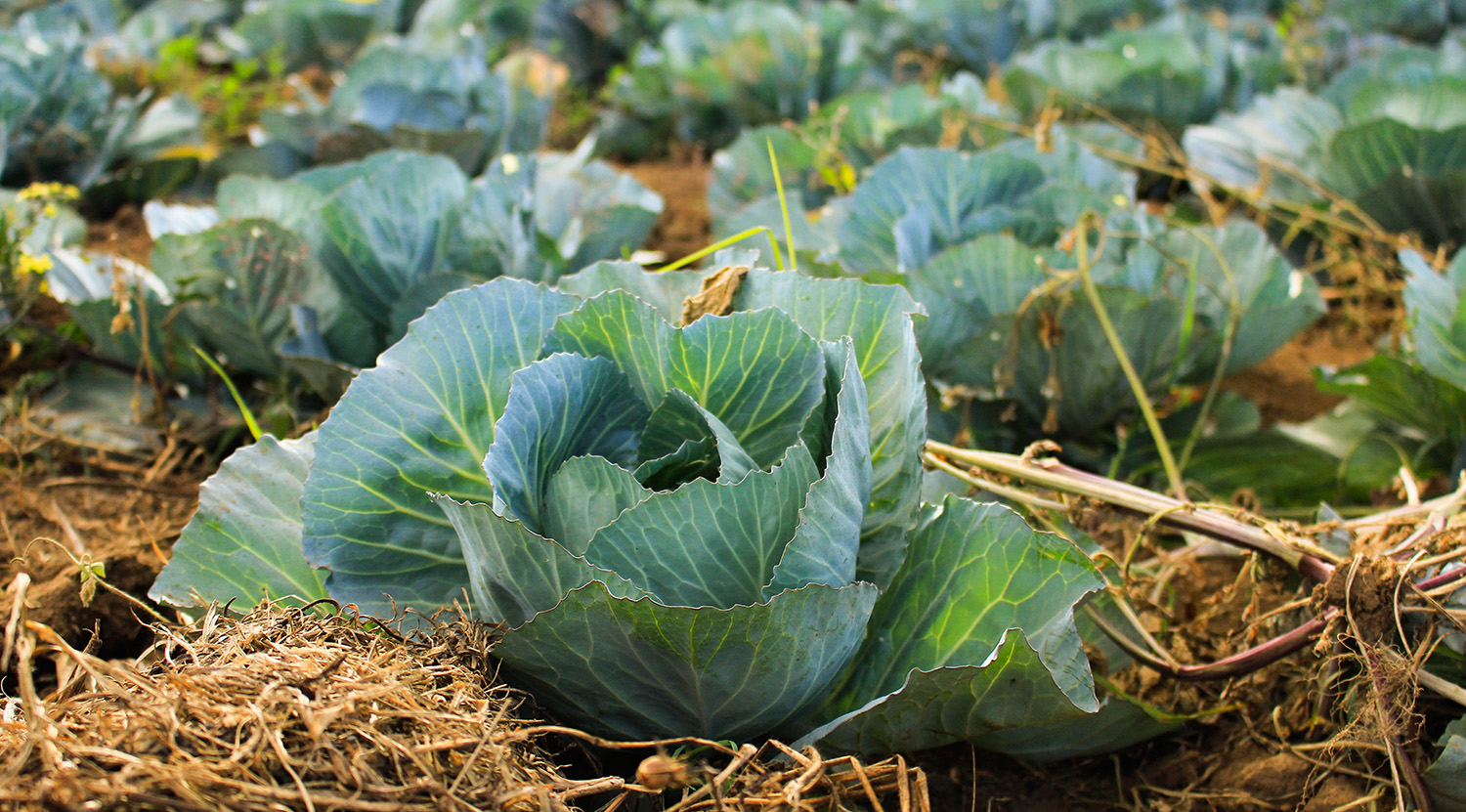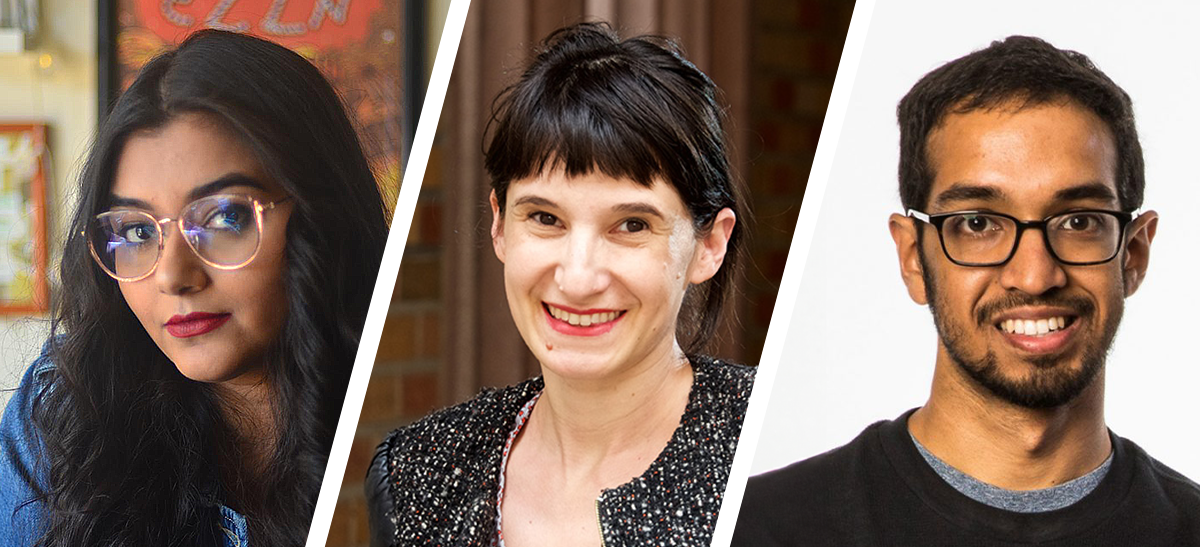Leah Pistorius
January 23, 2024

Photo by Arnaldo Aldana on Unsplash
HCDE and Allen School professors Sucheta Ghoshal, Daniela Rosner, and Vikram Iyer have received a three-year, $1.66 million grant from the National Science Foundation to explore community-based integration of smart technologies into black diasporic agriculture practices.
Over the past 30 years, black diasporic farming communities have become vital hubs of sustainable food production for millions of people in the US and worldwide. These tight-knit agricultural collectives generate food within urban areas while upholding values of ecological well-being, resource conservation, and interdependence, offering potential avenues for social and political transformation for black, indigenous, racialized, and marginalized groups.
Recent technology advancements in food security, nutrition, and environmental health enable the potential to feed nearly twice as many people per year, but black diasporic urban farming communities are often unable to take advantage of smart agriculture technologies due to limited resources and labor. Although market innovation using artificial intelligence (AI) promises to support agriculture tasks like risk management, soil health monitoring, and crop harvesting with enhanced efficiency, it often does not center the needs and priorities of black diasporic farming communities.

Sucheta Ghoshal (HCDE), Daniela Rosner (HCDE), and Vikram Iyer (Allen School)
Sucheta Ghoshal, an assistant professor in the Department of Human Centered Design & Engineering, is the lead researcher on a three-year, $1.66 million grant from the National Science Foundation to study how AI impacts diasporic urban farming and how the co-development of AI-based tools shapes the integration and continuation/cultivation of diasporic knowledge. Daniela Rosner, associate professor in HCDE, and Vikram Iyer, assistant professor in the Paul G. Allen School of Computer Science & Engineering, are co-leading the project with Professor Ghoshal.
The researchers seek to advance the field of smart agriculture for diasporic urban farming by focusing on three critical areas:
- Labor: Addressing labor needs, reducing bias within weeding processes, and co-developing an open dataset with culturally accurate, climate-aware, and locally situated labeling of weeds vs. crops.
- Ecosystem: Advancing ecological care and sustainable farming practices, including training caretakers and monitoring greenhouse conditions.
- Health: Innovating mechanisms for measuring soil health conditions in historically contaminated urban landscapes, understanding soil health in urban environments as a justice issue, and co-developing a soil health and culture map of the Seattle Metropolitan area.
The researchers will collaborate with diasporic farming communities in the Seattle area and beyond. The project will create a channel of accountability from these farming communities to several industry partners who are each developing smart solutions for agriculture tasks.
Through this work, the team will make foundational contributions to the fields of human-computer interaction, urban planning, and science and technology studies that result in core insights into AI-based technologies for urban, culturally-motivated, community-based agriculture practices.